|
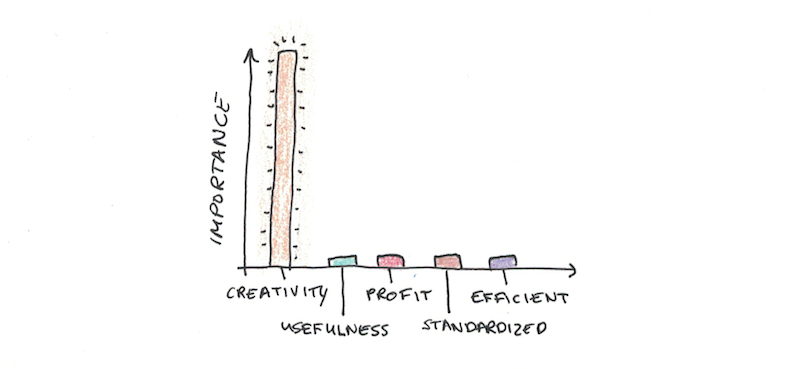
Most other professions are full of constraints upon one's ideas. They need to be monetizeable, mathematical, under budget and within specifications. Artists operate in a realm where most of these constraints are reduced, so the bigger question is, "Why is this unique and interesting?"
This, however, is a useful thinking tool to apply to many other concerns. Often the best companies produce things that look like art. They are driven by uniqueness and creativity, rather than blandly filling out a list of specs.
How would your work change if you made novelty the biggest priority? How could your goals and projects be different if coolness, interestingness or refinement of an original idea were your priority?
2. Economist: How Do People React to Incentives?
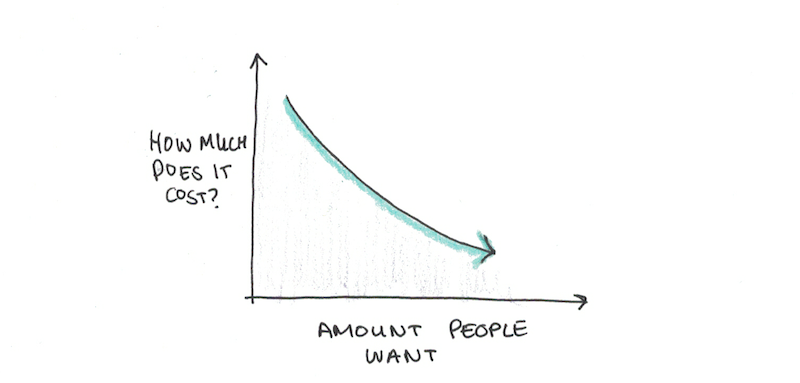
There are many thinking tools native to economics, but a foundational one is simple. People respond to incentives.
Tyler Cowen, economist, delivers this best, explaining that a key element of economic reasoning is that by changing a system involving people, the people do not stay in place. Instead, they respond to the new incentives accordingly.
Almost any action you'll take alters the perceptions of incentives by other people you deal with. The economist in you should ask yourself, "if I change this, how will people react?"
3. Engineer: Can I Model This and Calculate?

Engineering, being built off of the hard sciences, has some of the most precise and accurate estimates in any profession. While your financial advisor can only throw darts at picking which stocks will rise, and a psychologist can only give hints at what people will do, engineers routinely create things which don't currently exist and need to work 100% of the time.
The essence of doing this is to create a model of what you're trying to work with, measure the relevant variables, and know to what degree of error you can expect in those measurements. From there, you can actually know what will happen, instead of just guessing.
My team and I applied this recently to a problem we had involving predicting our sales. We decided to make a model of sales numbers based on how long people had subscribed and how often they had been offered a chance to sign up. From there, we will be able to make much better estimates of our sales, whereas our guesses before would often be wildly off the mark.
4. Entrepreneur: Do a Lot of Things; See What Works
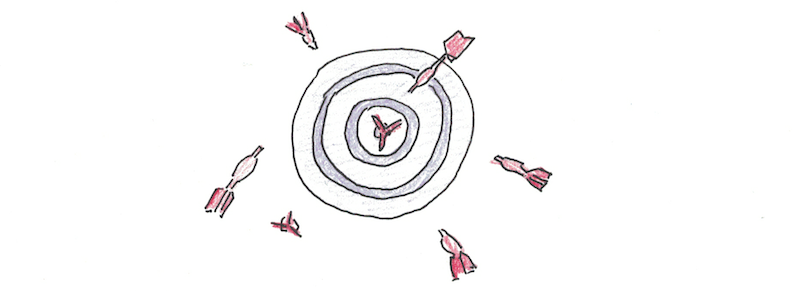
Entrepreneurs often have too little money, resources, support or time. Yet they need to scramble together a solution that will somehow make money. They can do this by adopting a set of thinking tools that is often rare for normal professionals.
One major tool is rapid prototyping. Many people see this as a product development strategy. You make something that just barely works to see if anyone wants it. But in reality, it's an abstract thinking tool that applies to a lot more than product R&D.
The essence of this thinking tool is that you go out and try a bunch of things, without waiting around for a perfect answer. It also requires listening carefully for feedback, so you can get hints as to what to do next. Speed and volume make up for making decisions in a noisy environment full of uncertainty.
Sometimes the right way to solve a problem is simply to do a lot of things and see what works!
5. Doctor: What's the Diagnosis?
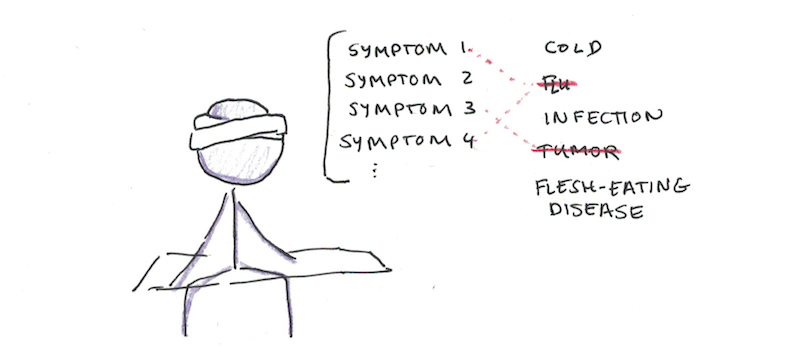
Doctors meet patients who have an array of symptoms, some of which they probably aren't telling you (or can't). From there, you need to act like a detective to deduce the most likely disease and create a plan to cure it. During this, a wrong move might kill your patient, so you have to choose wisely.
A good thinking tool from medicine is the idea of using symptoms to deduce a disease, and comparing with base rates to make highly-accurate decisions.
While this applies to medicine, there's a lot of places where diagnosis is important. Your car is making a funny noise. Your computer doesn't work. Your business has stopped making money.
The first thing to do is see what all the possible causes could be. This requires study and knowledge. Next, you need to rule out as many as possible based on the symptoms you observe. Finally, of the options that are left, which are rare afflictions and which are fairly common? Knowing this can help you settle on a most likely diagnosis.
6. Journalist: Just the Facts
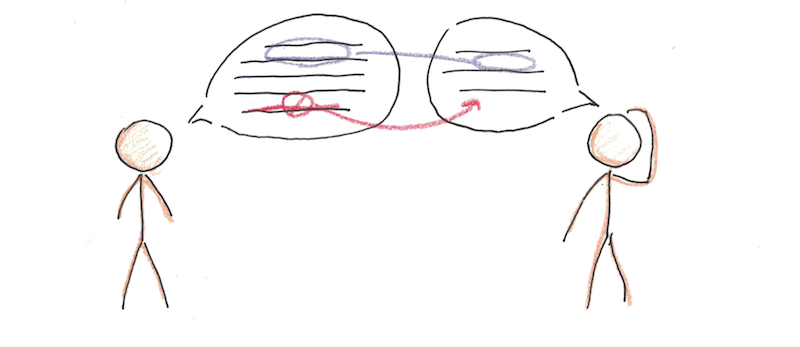
Journalists rely on a ton of different thinking tools which allow them to write compelling stories that report the news fairly and accurately.
One of these thinking tools is fact-checking. Because journalists often need to interview sources who may be misleading (or even hostile), it's important to corroborate what was said from independent sources. Fact-checking may be time consuming, but it results in a much more accurate world-view than simply blindly following a stray comment.
How would your life looked if you dug around to check the veracity of key pieces of information you're depending on to make decisions? Imagine if you had to report what you know in the New York Times. Would it need to be retracted later?
7. Scientist: Make a Hypothesis and Test It

Scientists discover truths about the world. To do this, they need thinking tools.
A basic thinking tool of science is the controlled experiment. Keep all the variables the same, except the one you want to test, and see what happens. This requires meticulous preparation and design to prevent outside contamination from breaking your results.
Too many people draw inferences from "experiments" that are anything but. They have many conflicting variables that make drawing conclusions about their experiences much more difficult. What if you approached your diets like a scientist? Your working routines? Would you still believe them after?
How many of your beliefs about work and life withstand such scrutiny? Undergo such testing? Maybe you could benefit from a little more scientific thinking tools in your life.
8. Mathematician: You Don't Know Until You Can Prove It
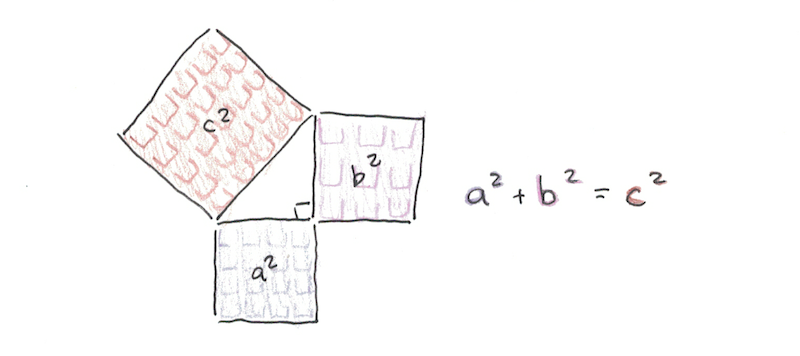
The thinking tools of a mathematician depend on having a much higher standard of what constitutes a proof of something. While an engineer may tolerate precision within some bounds, and an entrepreneur may be satisfied with a hunch, a mathematician's statements must be irrefutable or they don't count.
One way you can see this thinking tool influence non-mathematical domains is in an adjacent field such as programming. During my MIT Challenge, I heard lecturers talk about the MIT style of programming versus the one originating out of Bell Labs. MIT, which was more mathematical and academic, tended to be more rigorous in proving its programs worked, while Bell Labs was often happy with an algorithm which seemed to do the job, even if they couldn't guarantee it.
Mathematical thinking tools help you be more rigorous, and spot mistakes which may turn out to be relevant.
9. Programmer: What's the Pattern I Can Automate?
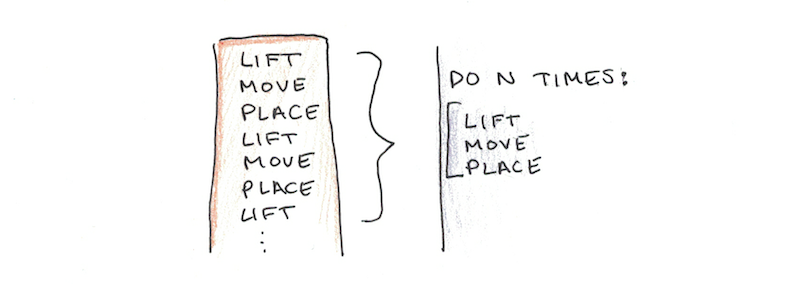
Programming encompasses a lot of thinking tools, but the most basic one is the algorithm. Algorithms are a set of steps that can be defined precisely, so that they require no intelligence to perform each one, yet the net result is a useful product.
A useful application of this is to look at the things you do and see which could be automated, simplified or refactored. Programmers can spot repeated code and try to abstract out the essence of what is redundant into something that can do what you need automatically.
Beyond just being able to write code yourself, you can think more like a programmer in many other domains of life. What things do you repeat often in your work which could be automated? What ambiguous process could you convert into a foolproof set of steps?
10. Architect: Envisioning the Future
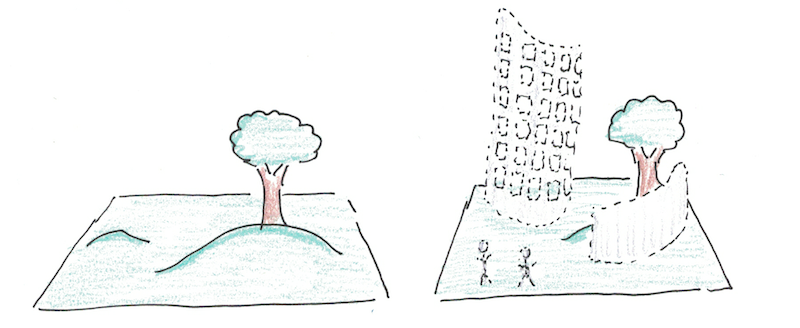
Architects need to design buildings. These are large structures which may take years to build, and nonetheless meet all the criteria of clients, contractors, city planners and building codes. Oh, and they should also be beautiful.
To do this, architects need a suite of thinking tools (and software) to take an idea, and envision what it will be like, exactly, on a large scale, after millions of dollars have been spent. One of those tools is simply making a model.
Making a scaled down version of the thing you want to create, so you can see how it looks, and then envisioning how it will be on a larger version is difficult, but it often lets you see how reality will be before it's too late to change it.
11. Salesperson: Understand Their Minds Better than They Do
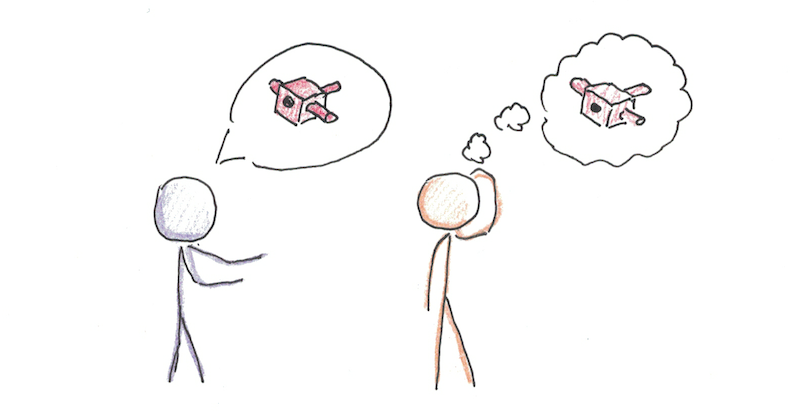
Selling often gets a bad rap. People think it's all about trickery and deceit as you try to manipulating someone into buying something they probably shouldn't.
Although this is the stereotype, the actual reality is rarely like this. Instead, salespeople work to deeply understand what the customer actually needs, and then match them with products and services that fill that void. This is incredibly hard to do, as you may recognize that you have the solution to a customer's problem, before they do.
A key thinking tool for success in this profession is to be able to infer what people's worries and needs are by their (often contradictory behavior). What language do they use? How do their actions differ from their stated intentions? What can you infer about this?
This is a tool you can apply far beyond making an extra commission. What does your spouse really want, rather than what they're telling you? What about your friends? Your boss?
12. Soldier: Routine and Discipline Prevent Deadly Mistakes
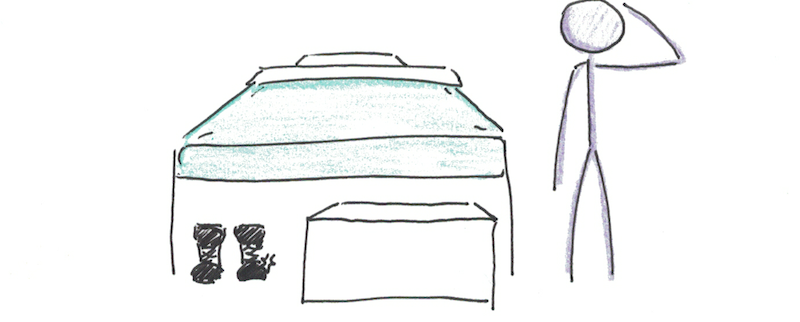
The discipline embodied by military personnel is a very useful thinking tool, even outside of combat situations. Discipline and routine become a safeguard against careless mistakes which could cost lives. By demanding conformity to those protocols, even when there is no danger, there is much less room for slip-ups.
Making your bed every morning may not prevent casualties, but if you can follow that procedure perfectly, you'll also be more likely to follow the ones that may save your life. This kind of discipline is also present in another live-endangering field: medicine. The Checklist Manifesto takes this idea of military routine and applies it to mundane things like hand-washing, which save lives by avoiding infection.
Once you know the best way to do something, do it precisely and exactly, without sloppiness or somebody might get hurt.
13. Chess Master: See The Moves In Your Mind's Eye
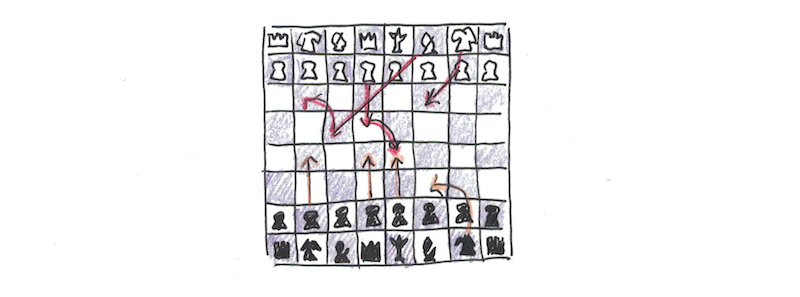
Chess has long been considered a game to improve one's thinking. While it's doubtful that years of chess study will necessarily make you smarter, there are plenty of thinking tools which can be mined from the game.
One is the ability to simulate the game in your mind's eye. A common trick of grandmasters is playing blindfolded games. While this amazes spectators, it actually reinforces a useful practice—being able to see the game in your head, so you can calculate future moves your opponent makes.
This is often helpful in other domains outside of chess. Trying to visualize what might happen, and then compare that prediction to reality. This can hone your simulation abilities, so when you're in a tight spot you'll be able to predict what happens next.
14. Designer: The Things You Make Communicate For You
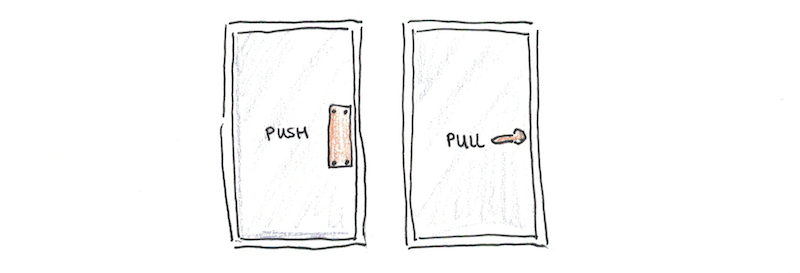
One of my favorite books is The Design of Everyday Things. While this book is meant for designers, it is really a book of thinking tools designers should cultivate. As such, it's something you can pick up and read even if you've never made anything in your life.
A useful tool here is how something is made suggests how to use it. A well-designed door handle suggests push or pull, without needing to say it. A well-designed light switch should already tell you which rooms will be illuminated when you flip it.
What if you designed your speeches so that they automatically caused the audience to shift their thinking where you need them to go? What if you designed your habits so that you automatically applied them? The scope of this thinking tool is really quite broad.
15. Teacher: Can You See What it is Like Not to Know Something Obvious?
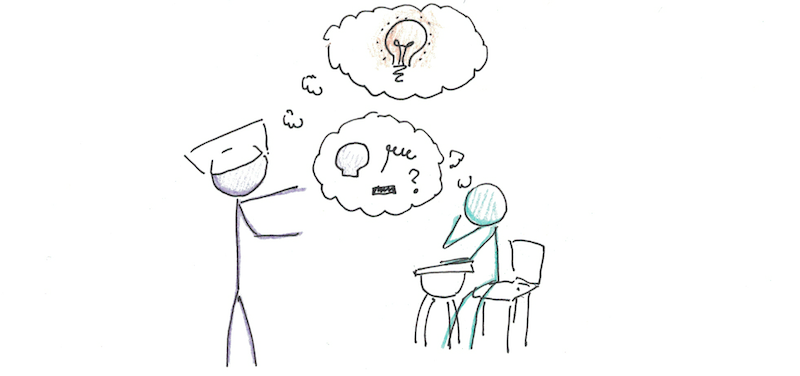
How do you create knowledge inside someone else's mind? How can you give them abilities they didn't have before?
Most of us take for granted how amazing teaching actually is, and our own ability to learn from it. To be effective, teachers need to have a model of how their pupils minds see the world, as well as a game plan for changing it.
To succeed in most professions, you need to be able to make other people see the problems as you do. This involves identifying what knowledge they lack and saying the right things to get them where you are now. While this is an obvious skill for teachers, it also benefits programmers trying to explain their code, doctors trying to articulate the reasons for a medical procedure or a leader who wants employees to follow a vision.
16. Anthropologist: Can You Immerse and Join Another Culture?
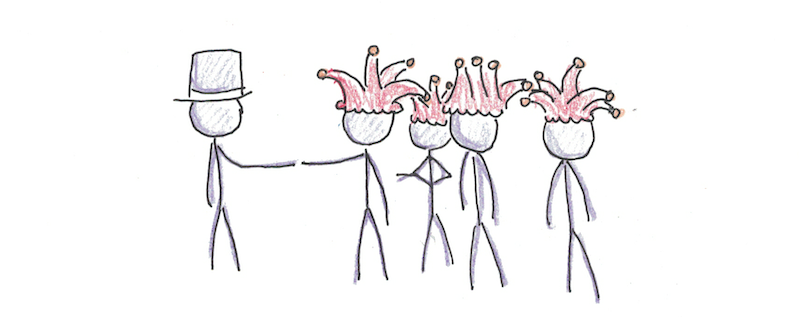
Anthropology is the study of cultures. Unlike economics, which tends to focus on mathematical models, or psychology, which tends to do a lot of careful experiments, anthropologists learn about cultures by actually immersing in them.
How could you immerse yourself in groups to which you don't belong? Groups of different nationalities or languages? Politics or professions? Hobbies, sports, religions or philosophies? How could you learn how those groups of people function, have them accept you as you live alongside them?
17. Psychologist: Test Your Understanding of Other People
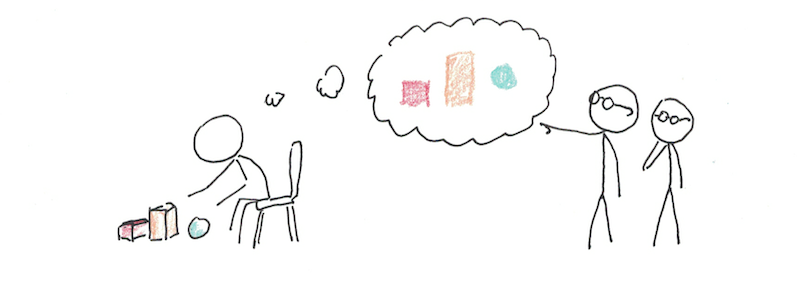
Psychology has different thinking tools embedded both in its assumptions about human nature, as well as in its methods for discovering it.
On the subject of psychology itself, there are countless tools. Cognitive biases, models of attention, morality, preferences, instincts, memory and more. Dozens of books could be written on how to think better about other people by using these tools and there have been.
Interestingly, psychology is also a profession with its own set of tools for discovering psychology. Like all scientists, this involves creating experiments where you can control all but the variable you want to study. Unlike other scientists, however, your object of study are human beings, which means you often can't let them know what you're trying to adjust.
18. Critic: Can You Build on The Work of Others?
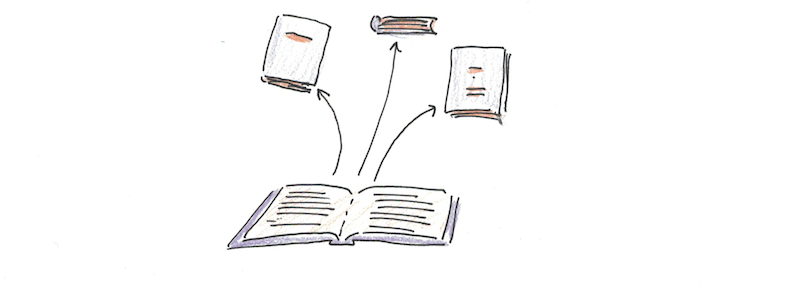
Many critics go beyond telling you which books to read and which movies to watch. They build analysis, interpretation and discussion that go well beyond the original work.
The thinking tools involved are quite important, even for people who don't analyze literature for a living. For starters, there is the ability to pay quite close attention to creative works. Experiencing something much more deeply than just a shallow consumer. Second, there's the tool of being able to connect that knowledge to a web of other issues and ideas. This builds on an original creation to add more insight and ideas than were there originally.
19. Philosopher: What are the Unexpected Consequences of an Intuition?
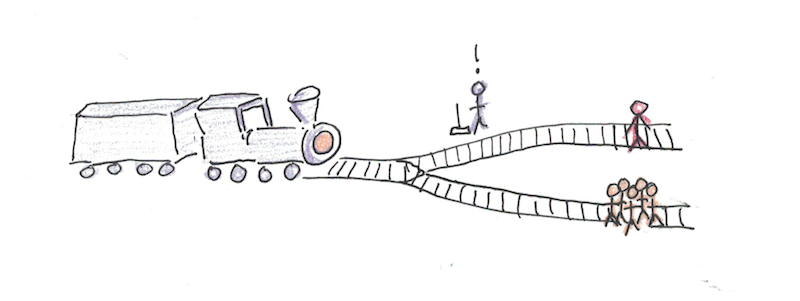
Philosophers, at least the analytical kind, tend to have a similar style and toolkit as mathematicians, except often in dealing with things that are based in words that are imprecise. As a result, there's a lot of useful thinking tools for dealing with things that can't be reduced to numbers.
One powerful tool is being able to see the unexpected consequences of stretching an idea to its limits. This has two benefits. First, it can reveal flaws in the original idea, by reductio ad absurdum. Second, this can help you recognize the fundamental principles behind your vague intuitions of things. By exposing your ideas to stronger, hypothetical critiques, you can see what the real mechanisms by which they work.
20. Accountant: Watch the Ratios
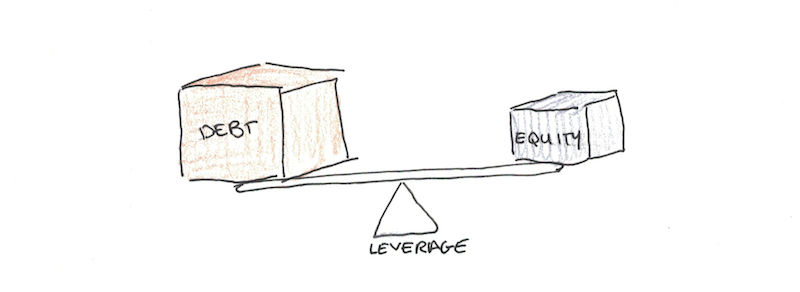
Money is the blood of a business. Accounting is the work that watches how it flows around, checking to make sure it isn't getting clogged up.
There's a number of useful thinking tools from accounting that allow the diagnosis of problems which are hidden on the surface. One of these is the idea of ratio analysis. Ratios are a fraction with a numerator and denominator of two different measurements inside a business. Leverage ratio, for instance, is the debt the company owes to the equity put in by the owners. Get too high, and there's a greater risk of default. Price-earnings ratio tells you how expensive stock is based on its profits.
This kind of analysis (and many others from accounting) is useful to non-accounting domains. In healthy, BMI is a kind of fancy ratio analysis, in this case it's your weight compared to your height squared. But you could also imagine tracking many other numbers and their ratios: output per hours worked, bugs per lines of code, dates per hours spent on online dating.
Organizing the data, keeping track of the details and seeing the patterns beneath the surface are all accounting tools you can exploit outside of a spreadsheet.
21. Politician: What Will People Believe?
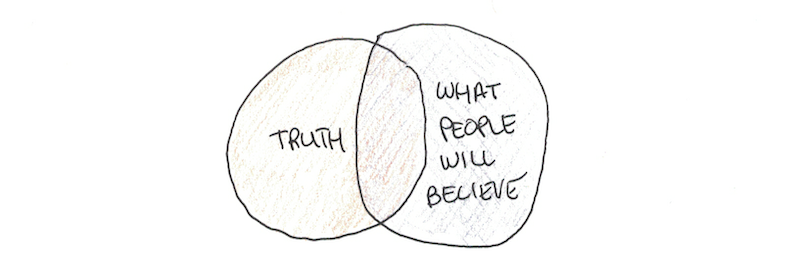
Politics offers its own set of tools. A major difference between politics and business is that while both are aimed at achieving some kind of objective in the world—the former depends highly on the impression of voters. A business can simply work, whereas a politician may do a great job, and still get kicked out because of bad PR.
Therefore the thinking tools possessed by politicians are about calculating not only the effect of some action, but also on how that action will be perceived. Both by the voting populace, and one's allies and enemies.
The thinking tools here mean that sometimes the right decision isn't possible, simply because other people won't see it as such, and you don't have the power to convince them. This may be frustrating, but it applies to many parts of reality we'd rather it didn't.
22. Novelist: Does Your Story Make Sense?
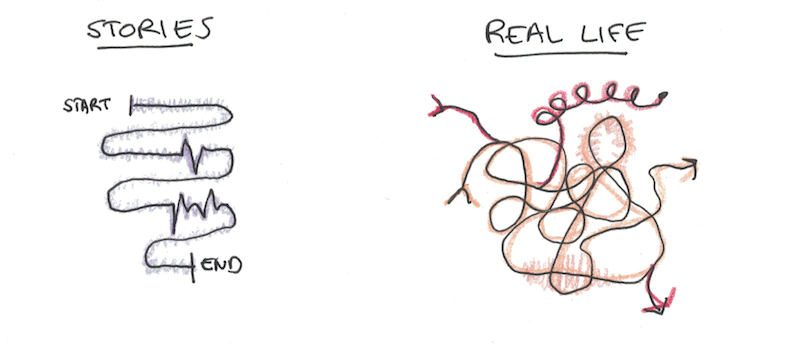
Many people see stories as the linguistic embodiment of history. We take what actually happened and weave it into some words so others can see it for themselves.
Novelists understand better than anyone that what actually happens is often not a good story. Stories have characters with fixed traits that make their actions predictable. In real life, people are more influenced by context. Stories have beginnings, middles and ends. Reality is a continuous stream of events without an arc.
Unfortunately, people understand stories much better than realities. So often you need to package up the histories you want to tell people in a way that they can interpret. Who is involved? When did those things happen? Give information to make it easier for the listener to follow.
While this applies to writing novels or making movies, telling stories is a part of everyone's life. From "Why do you want to work at this job," to, "Where do you see yourself in five years?" These are all stories, and we need to understand their structures.
23. Actor: The Best Way to Pretend is to Be Real
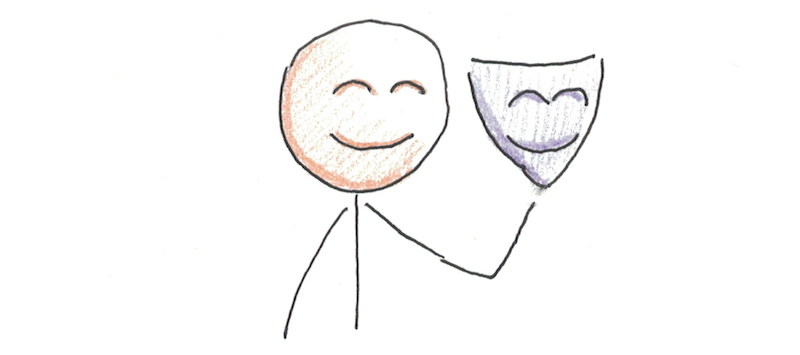
A popular thinking tool for acting is called method acting. This technique involves trying to actually feel the emotions of the character you're portraying, rather than just faking it.
This may seem to be a contradiction: how can you feel something you know is fake? However, this belies how powerful the imagination is to conjure up situations to create empathy. Past struggles can stand in place for the struggles of the role you play. Fear, happiness, confidence and passion all look better when you're really experiencing it.
Which also suggests a powerful thinking tool, although this one is more affective than cognitive: changing your emotional state to get the results you want. Feeling insecure, but know you need confidence? Why can't you summon that up in yourself as if you're playing a part? But don't fake it–feel it.
24. Plumber: Take it Apart and See What's Broken
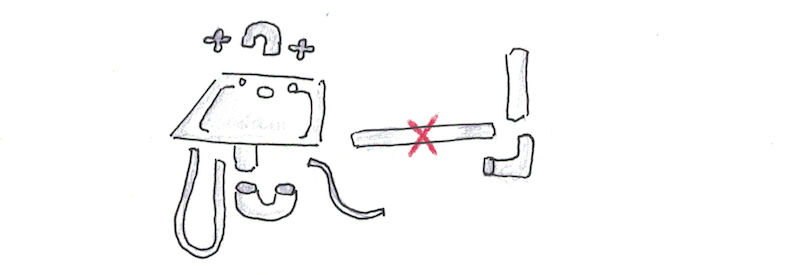
Tradespeople don't get enough credit for having unique problem solving tools and strategies. Many academic and intellectual types would never consider a career in plumbing, carpentry or electrical work. Yet those professions often out-earn those with a college degree, and for good reason: they are hard skills which are in-demand.
The essence of plumbing, just like many other trades, is to get your hands dirty and take something apart to see what's broken. To do this, you need a model of what's in there—otherwise you might get water spilling everywhere or a dangerous shock. But you also need to take things apart to understand them.
How many of us avoid understanding things because we're afraid to get our hands dirty? We don't want to risk breaking something, so we never really understand how it works?
25. Hacker: What's Really Going on Underneath?
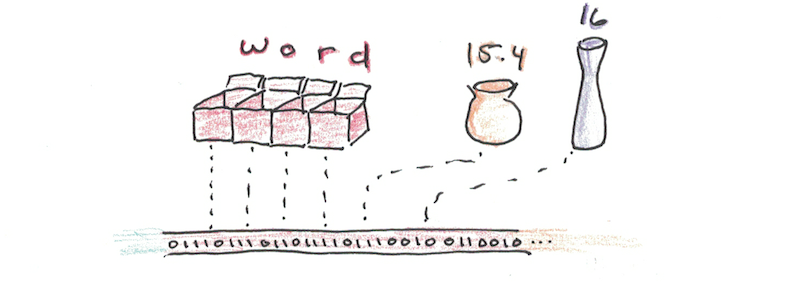
Hacking is one of the most commonly misunderstood skills. Television shows portray it as a kind of computer magic, with flying cubes and firewall health bars which go down to zero.
In practice, however, hacking is mostly about understanding that there is often a more complicated layer of instructions which a simpler layer is built on top. Computer sit in hierarchies, so each level of abstraction simplifies and reduces the layer below to make it easier to understand. However, sometimes this can allow you to do things which look impossible to a higher level, but are an unintended feature of how the lower level works.
One example of this is a memory overflow exploit. Many programs work on a higher level whereby memory is accessed in restricted silos. Ask for something outside of memory and you'll get an error. However, in practice, the memory all sits on a big line, with memory for different things next to each other. If you can write memory "outside of the bounds" you can get the computer to do things you'd naively expect were impossible.
Consider this glitch in a Mario game whereby a series of inputs write code to an unintended section of the game, allowing you to win by inputting a strange sequence of actions:

This thinking tool works for computers, but also other areas of life. Remember: everything you see is usually a simplification of a deeper reality. Which can mean that the underlying system may be broken in a way you wouldn't naively expect.
Final Thoughts on Thinking Tools
These are just summaries of a key tool from different professions. In reality, however, there are dozens, if not hundreds of thinking tools for each domain of skill. Not just professions, but hobbies, subjects and general life skills also develop thinking tools.
The problem is that people often have a difficult time recognizing the skill and abstracting it away from where it was generated. This is a problem of far transfer, and it's not easy to resolve.
However, if you can state what the pattern is, you can start to see how you could apply it elsewhere. Most of these tools won't work best in domains far outside their starting zones. A novelist trying to use storytelling to diagnose medical problems will be in big trouble. But often we get so stuck using our favorite tools that we don't even consider which ones could apply. Creative solutions require divergent thinking, causing us to think of one tool when we need others.
Creative Work Requires Diverse Thinking Tools
A classic experiment shows the need for tools like these. Subjects were asked to use a box of tacks to affix a candle to the wall. The solution was to use the box as a base—trying to apply tacks directly to the candle only made a mess. This is hard because we think of the box as a container for the tools, not a tool in and of itself.
Similarly, many of these tools may allow for creative solutions to problems you might not have considered. For instance:
Not every combination will be useful, but many might just give you the solution that will lead to a breakthrough.
If you're a programmer, how would your code improve if you took the tools of a salesperson or accountant?
If you're a journalist, what would change about your pieces if acted like a scientist, economist or plumber?
_ _ _
Share "Twenty-Five Useful Thinking Tools"
Facebook, Twitter, LinkedIn
_ _
Recently Published:
Building Up Your Intellectual Immune System
Ideas are like viruses, think carefully or you'll be infected. Here's how to think smarter and avoid being deceived by persuasive, but wrong ideas.
Does It Matter Whether Advice is Authentic?
How important is it that the advice we follow is authentic? What if the stories behind it are false? Is it still worth following? A thought experiment.
How to Figure Out Which Skills You Need to Learn to Improve Your Career
Figure out which skills you need to learn to improve your career, make more money and have the job you love.
How to Learn English
Struggling to learn English? Here are three steps you can apply to learn it faster. Step one: Assess your level. Step Two: Choose the right learning task...
_ _ _
Help Me Prepare Presentations in Other Languages (Spanish, Mandarin, French, Portuguese and Korean)
I'm starting a new side-project, and I need your help!
I've been toying around with the idea of doing some presentations in other languages/countries, when my next book comes out. Right now, I'm looking for people who are:
I'm looking for a small group of people to help me practice, so it's more for me than it is for you. If this seems interesting to you, sign up by clicking the links below. I haven't confirmed which technology I want to use yet, but it may be YouTube Live or if the groups are quite small, even Skype/Zoom.
Willing to sit through me improvise rough (and possibly bad) speeches + Q&A.
: only sign up if you actually speak the language to an intermediate level or above. If you're simply curious as a spectator, I may post something for you later. However, my main goal at this stage is to get some feedback and for that I need people who will actually be able to understand/ask questions/offer corrections.
Why I'm Doing This
My language abilities in each of the above languages range from lower-intermediate (Korean) to upper-intermediate/advanced (Spanish, Chinese). Nonetheless, I've done very little public speaking practice, and even less time formulating responses to Q&A on topics central to what I write about.
This is a hard task that's somewhat more specific than the conversational language learning I've done before. As a result, I'm doing this to (a) get a sense of where my level is currently, and (b) to hopefully improve it enough over the coming months that a rehearsed speech (with possible Q&A).
Why Should You Help?
If you sign up, I'll email you links with scheduled times so that you can watch me live. The goal is for me to practice and assess myself, not to do fascinating, prepared speeches. It's going to be informal and unpolished, but the group size will be small and it might be a good chance to interact with a smaller group of people in each language.
In all honesty though, this is something more for me than for you. If you're cool with hanging out, seeing me speak a little and chatting, that's fine. But if you'd rather wait until I have something more polished to show you, then I'll share that later, no worries!
Best
-Scott
Visit the blog
Unsubscribe
Scotthyoung.com 205-1331 Alberni St Vancouver, British Columbia V6E4S1 Canada